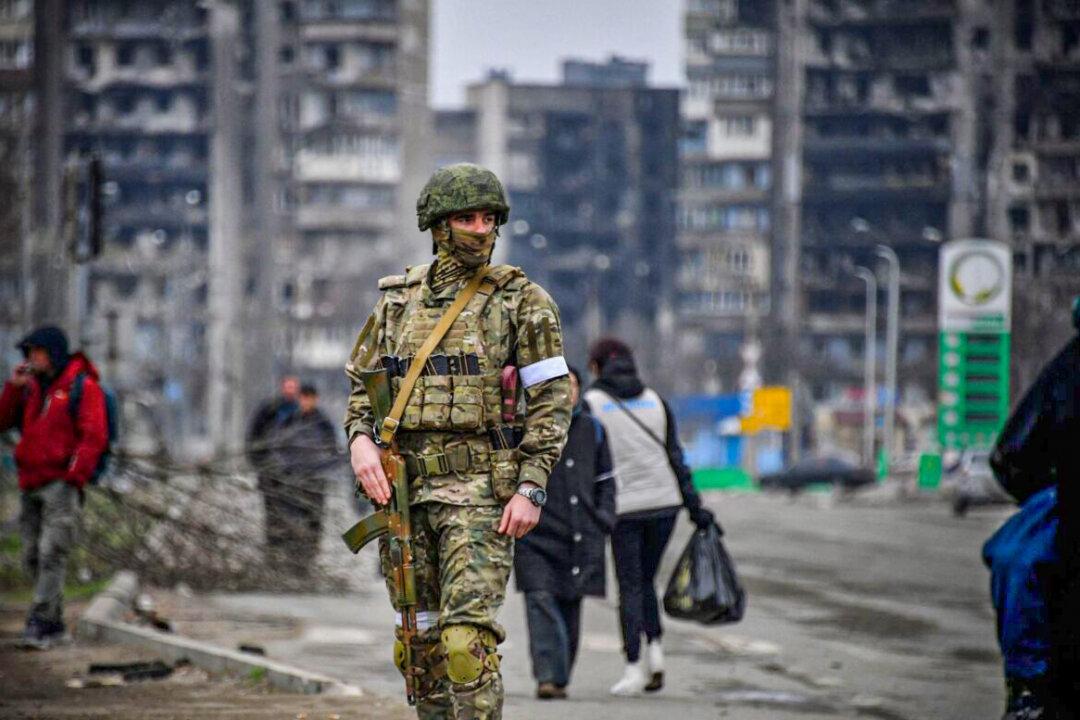A former commander of the U.S. Army in Europe has told a House of Lords committee in London NATO “didn’t have enough ammunition for a high intensity conflict” like the war in Ukraine.
Lieutenant General Ben Hodges was giving evidence to the international relations and defence committee and was asked to comment on Britain’s integrated review of defence, security, and foreign policy, which was published in March 2021.





